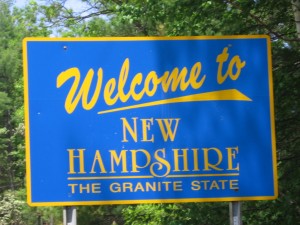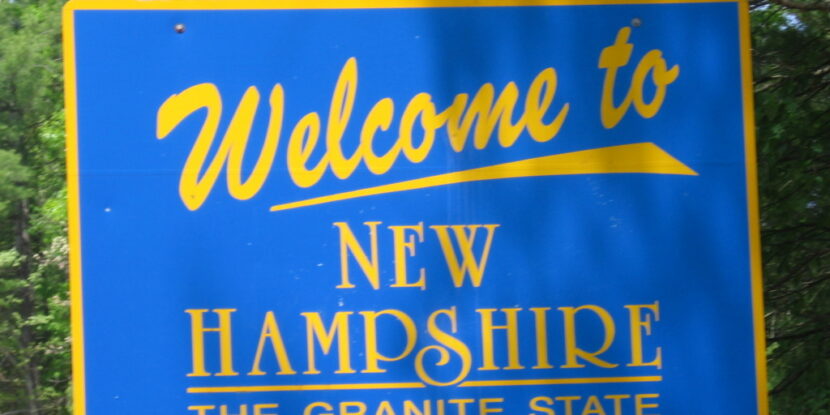 Iowa gets a lot of attention as the first presidential contest of the year, but in terms of results, it’s not always indicative of the winner (consider: Rick Santorum and Mike Huckabee won the caucus the last two times, but neither was the eventual nominee). The first place their respective challengers, Mitt Romney and John McCain, began to pick up momentum again was in New Hampshire. Both eked out plurality victories due to a combination of New Hampshire’s “open primary” system and a fractured base.
Iowa gets a lot of attention as the first presidential contest of the year, but in terms of results, it’s not always indicative of the winner (consider: Rick Santorum and Mike Huckabee won the caucus the last two times, but neither was the eventual nominee). The first place their respective challengers, Mitt Romney and John McCain, began to pick up momentum again was in New Hampshire. Both eked out plurality victories due to a combination of New Hampshire’s “open primary” system and a fractured base.
Wary of New Hampshire’s history and hoping to wrest it from whomever is named the “establishment candidate,” a coalition of conservative groups is hoping to unite conservatives behind a single candidate. Newsmax reports:
A coalition of 30 conservative and libertarian organizations in New Hampshire, calling themselves the 603 Alliance, are trying to coalesce behind a single, non-establishment candidate well in advance of the Granite State’s first-in-the-nation primary, Politico reported.
[…]The 603 Alliance will meet on April 19 in Nashua to work out the details of its planned caucus aimed at uniting behind a single candidate — someone like Wisconsin Gov. Scott Walker, Texas Sen. Ted Cruz or Kentucky Sen. Rand Paul, Politico reported.
Organizers of the effort include tea party activist Jack Kimball and libertarians Andrew Hemingway and Aaron Day.
Will they manage it? My gut tells me they have a good shot: McCain and Romney both won the New Hampshire primary with less than 40 percent of the vote. It wouldn’t take a lot for an alternative candidate to pass 40 percent, but the coalition would have to agree on a candidate beforehand. Their leaders are cautiously optimistic:
“It’s challenging to get people behind what might be their second- or third-choice candidate,” said Jim Kofalt, a 603 Alliance steering committee member. “That’s always a struggle, but the reality is people can get behind their second choice candidate or they can end up with conservatives being fragmented and ultimately locked out of the process,” Politico reported.
There’s something to that logic: When 60 percent of the base is fragmented between 3 or more “favorite” candidates, the united plurality behind their least favorite tends to win out. Coalitions of this size are rarely established, at least in the primaries. I will be interested to see what happens if they can keep it together.
Nick Arnold is a researcher for American Principles in Action.


